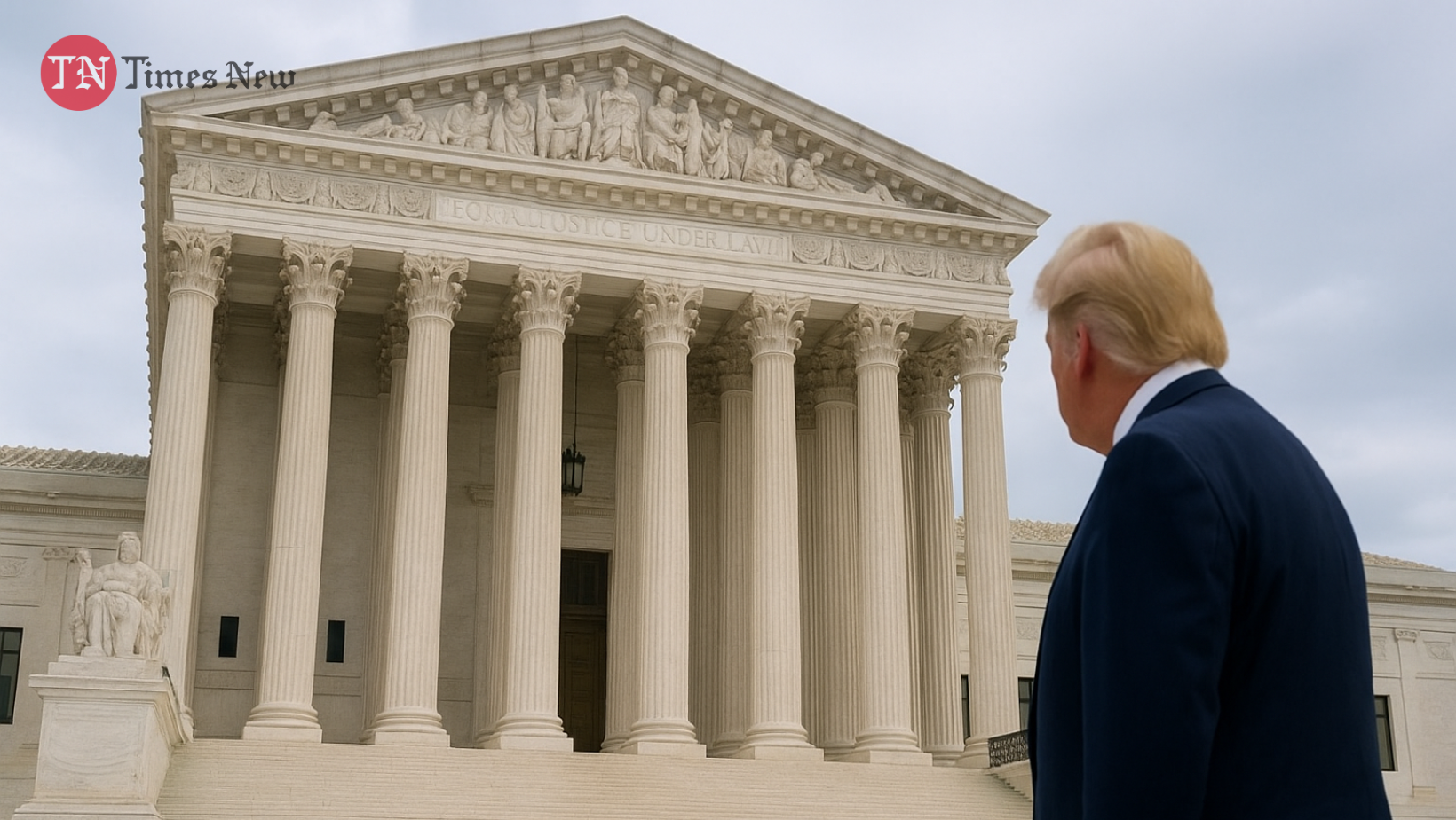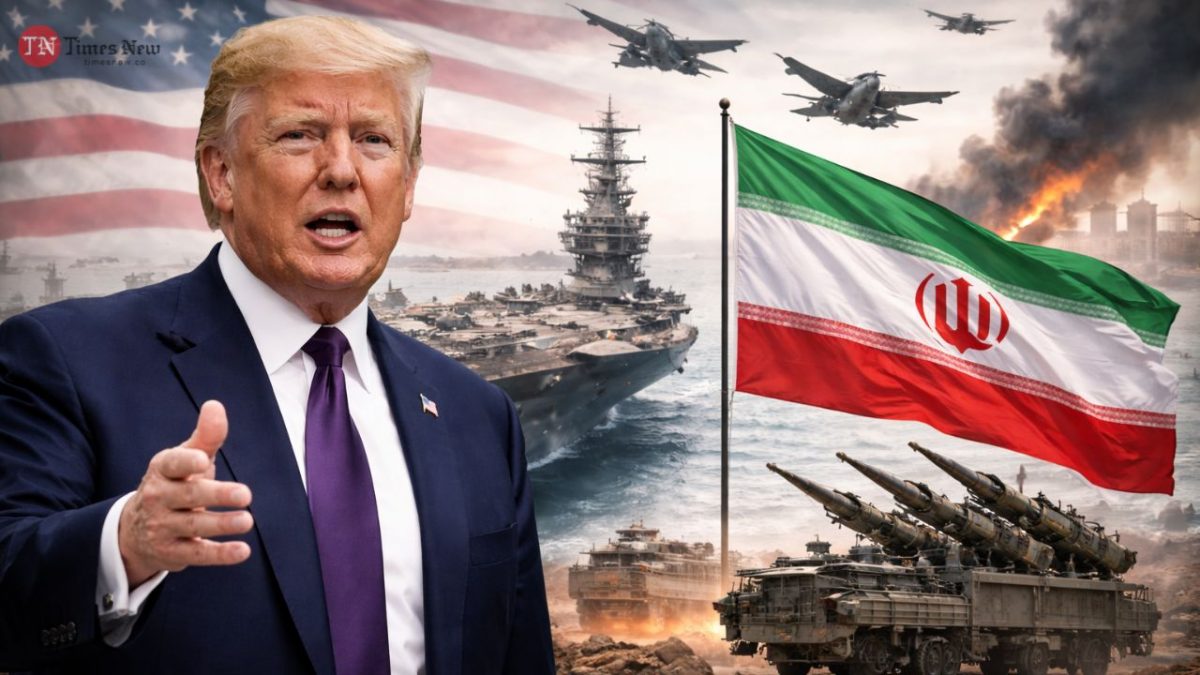
The U.S. Supreme Court on Wednesday began hearing arguments over the legality of former President Donald Trump’s sweeping tariffs, a case that could reshape the balance of presidential power and global trade. Lower courts earlier ruled that Trump exceeded his authority by invoking a 1977 emergency law—the International Emergency Economic Powers Act (IEEPA)—to impose tariffs on almost all U.S. trading partners. The challenge, brought by several businesses and 12 Democratic-led states, argues that only Congress has the constitutional power to levy tariffs.
Trump’s administration has defended the move, asserting that the IEEPA allows the president to “regulate” imports during a national emergency, even without explicit mention of tariffs. The tariffs, which have already generated nearly $89 billion in collections, were imposed under Trump’s claim of addressing trade-related national emergencies and to pressure countries like China, Canada, and Mexico over issues ranging from drug trafficking to trade imbalances. Treasury Secretary Scott Bessent attended the hearing in person, underscoring the administration’s high stakes in the case.
The Supreme Court’s decision will have far-reaching consequences for the global economy and the scope of executive power. A ruling against Trump could invalidate the tariffs and limit future presidential authority under the IEEPA, while a ruling in his favor would cement his ability to use emergency powers for economic leverage. The Court, which has a 6–3 conservative majority, is expected to issue its decision in the coming months, following a year of rulings that have largely upheld Trump’s expansive use of presidential authority.
Pic Courtesy; google/ images are subject to copyright









